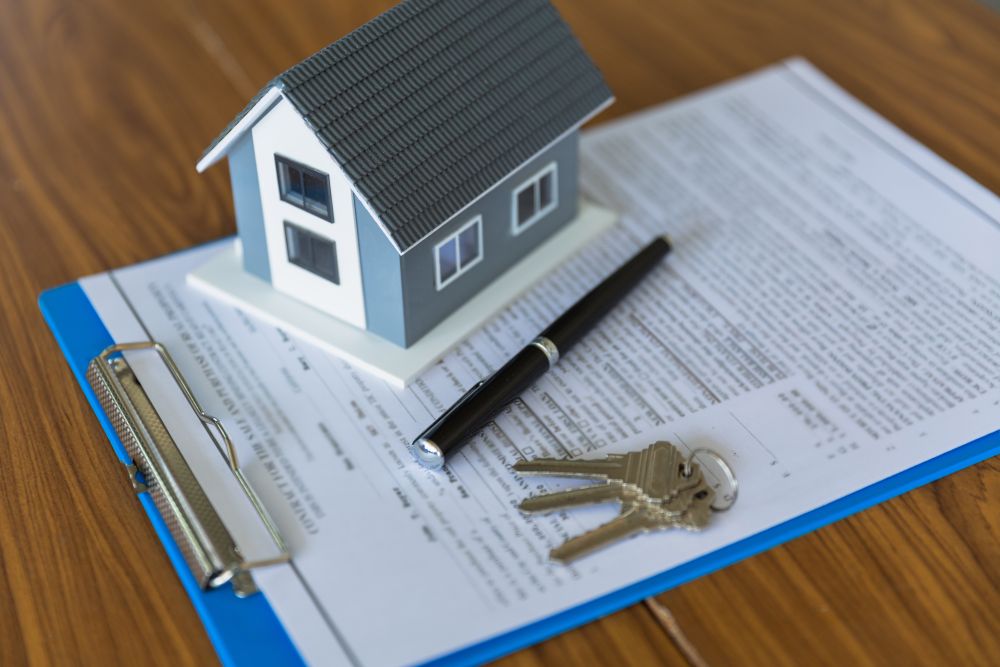What happens at your rental property when the lease term ends? Most lease agreements run for a period of 12 months, and then they are either renewed, the tenants move out, or there's some sort of stipulation that the rental period begins to go month-to-month. The exact steps in your lease renewal process will depend on whether or not the lease will renew. Because it can take some time to discuss the terms of a new lease, we recommend that you begin talking to your tenants two or three months in advance of the agreement ending. Staying one step ahead of the lease expiration date is a good way to keep the lease renewal process organized and simple. Maintaining communication with tenants is important, and it will help if you already have a good relationship in place. Typically, you want your residents to stay in place. Avoiding those vacancy and turnover costs is good for your business and your bottom line. But, sometimes tenants move on, and you'll need to know how to handle that, as well. Let's talk about what landlords need to know about lease renewals and how to handle them.
Communicate with Residents Ahead of the Lease End Date
To keep the renewal process organized, you want to communicate and stay ahead of schedule. Contact your tenants a few months before the lease ends, and discuss whether they'd like to stay where they are. This does not have to be a yes or no question. You can offer a few different options.
- Maybe they'll want to sign a new 12-month lease.
- Perhaps they'd rather go month to month instead of signing a lease agreement.
- They might ask for a different lease term. Maybe six months or nine months. You could offer a longer term as well, such as 18 or 24 months.
- They can move out and provide notice of their intent to vacate.
Ask your tenants to notify you of their decision as soon as possible. The sooner you know whether they're staying or leaving, the sooner you can make plans to offer a new lease or to begin thinking about how to attract your next tenants.
Renewals vs. Month to Month Rentals
If your lease agreement is structured like most lease agreements, you're coming up on a one-year anniversary with your residents. Each party will decide whether committing to another year is a good idea. You might find yourself talking to a resident who would prefer to continue leasing their home, but on a month to month basis instead of for a full year. This allows them to have greater flexibility, especially if they're planning to move or buy a home within the next year. This type of situation is not ideal for owners because it delivers some uncertainty. You won't know when your home will be vacant again when you rent it out month to month. It might seem sudden when your tenant does provide notice and you need to find a new renter, quickly. But, there can be some benefits, too. You can charge more, for example. And you can think about a higher rental rate or some upgrades and updates you want to make once the tenant does move on. Be open to considering a month to month situation. It's not ideal, but it's potentially better than facing a vacancy right now.
Rental Increases at Renewal Time
In a market where rents are dropping, you might have to keep your rental amount the same when your lease renews. However, if rents have gone up locally since the tenant first signed your lease and moved into the home, you can expect to raise the rent. Your residents will also expect that rent is going to go up. Do enough research into the local rental market that you are comfortable with the rental increase you're likely to propose to your residents. Find out what similar homes are renting for and how long it takes for them to be leased. Including any documentation that supports your decision to raise the rent will help you communicate your reasoning with your tenants. You need to consider tenant retention, too. While raising the rent makes sense, you also want to offer your best residents an incentive to stay with you. We understand that you want to earn more on your rental property. We also understand that costs are going up. We will rarely argue against a rental increase; it's our job to ensure you make as much money as you can with your rental property. However, we also want to be strategic at renewal time. The increase in rent has to be balanced against the risk of taking on additional costs to find a new tenant and turn the property over. While rent revenue goes up when we raise the rent, we also must accept the risk that the tenant may look elsewhere and find a unit for a more competitive price. Set a fair rental price. It's a good idea to raise the rent to the point that you're earning more on the property, but not so much that your tenants will go looking elsewhere.
When Tenants Move Out
The lease renewal process will end rather abruptly when you have tenants who decide to move out instead of renewing their lease agreement. Accept their notice to vacate, reinforce what needs to be done before they leave, and work with your residents to ensure there's a smooth move-out transition at the end of the lease term. Then, you can focus on cleaning and repairing the property and getting it ready for a new resident. We can help you navigate a lease renewal period if you're not sure where to start. Please contact us at Innovate Realty. We work with investors of all experience levels in the greater Philadelphia metro area as well as surrounding suburban areas in Bucks, Camden, Montgomery, Chester, Burlington, and Delaware County, to the Delaware River.


